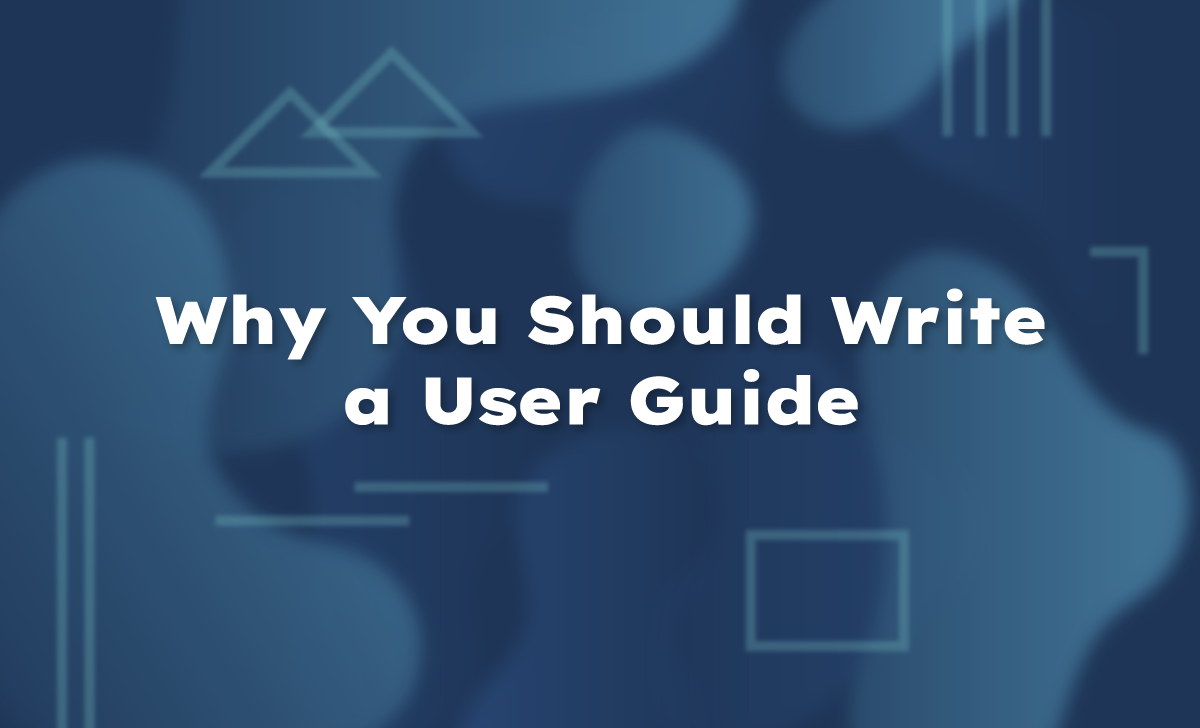Why You Should Write A User Guide
Decisions have always been hard for me, especially when I’m overwhelmed. For example, I break down in front of restaurants because I can’t decide if I want to go in or pick a different restaurant.

Decisions have always been hard for me, especially when I'm overwhelmed. For example, I break down in front of restaurants because I can't decide if I want to go in or pick a different restaurant.
Between working remotely and social distancing, I have spent a lot of time alone this year. The hardest part is needing to make way more decisions for myself. I have to decide when to get up, what to eat, what to work on, and what to do with my free time. Sure, these were largely in my control before, but I relied a lot on social pressure to choose.
When I was researching Adam for our interview, I found his user guide and decided to write one for myself. Both his and the one from the original First Round Review piece are written from the perspective of a manager, but user guides can be just as helpful for individual contributors. The point is sharing how best to work with you, which is especially important at a time when fewer teams are in-person.
I created a template (which you can copy here) and then got stuck. Every bullet point represents a decision that I need to make about myself. My startup job requires me to make decisions constantly, and I actually enjoy that process. But I feel entirely different when it’s a personal decision.
User guides are essentially a branding exercise, and I worry that I will get called a liar for my choices. I brand myself as a morning person, a proactive doer, and a workaholic. But I’m writing this at night, at the last minute, having spent all weekend not working (though also somehow not relaxing). Are my stories based on truth or aspiration?
Decisions also open us up to rejection. By listing my preferences, personality traits, and pet peeves, I’m publishing a quick way to judge me. What if someone sees this and doesn’t want to work with me?
Often decisions feel selfish to me. When I decide what time of day I prefer meetings, I feel guilty for prioritizing my own wants over someone else’s. Writing a user guide forces you to confront the stories you tell about yourself. And you have to be vulnerable enough that people will actually learn something useful from reading what you write.
A year ago I was in a relationship with someone who never decided anything. Now I see that not deciding was selfish. And I don’t want to be that way.
In the end, this piece is my user guide, because it says more about me than a checklist can.